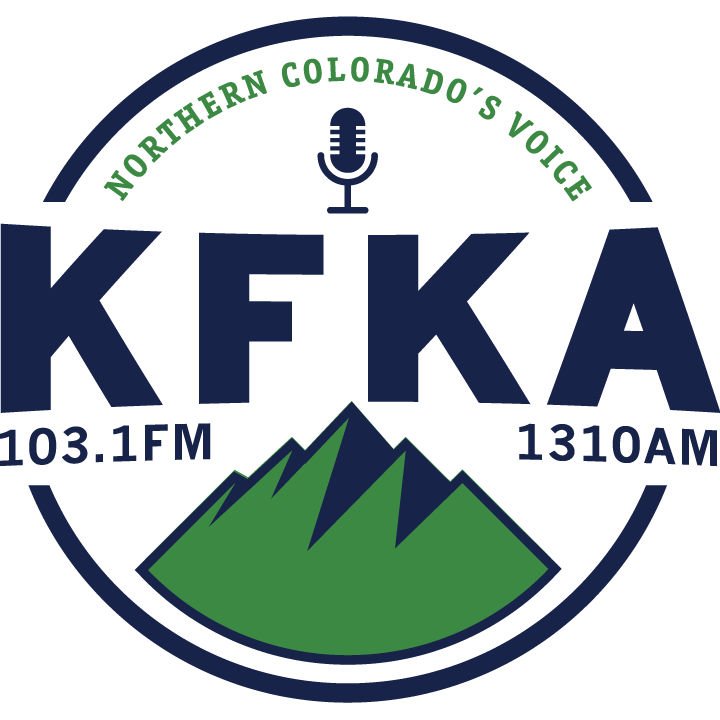 cmannphoto/iStock(WASHINGTON) — As attention on the administration mounts over the blatant racial disparities revealed around the country in the fight against coronavirus, Vice President Mike Pence and U.S. Surgeon General Jerome Adams said Friday that they’ll be taking steps with the Centers for Disease Control and Prevention to give specific guidance to black communities around the country.
cmannphoto/iStock(WASHINGTON) — As attention on the administration mounts over the blatant racial disparities revealed around the country in the fight against coronavirus, Vice President Mike Pence and U.S. Surgeon General Jerome Adams said Friday that they’ll be taking steps with the Centers for Disease Control and Prevention to give specific guidance to black communities around the country.
Adams and Pence held a call with more than 400 leaders in the African American community earlier on Friday, including those who have been critical of the government response as numbers continue to show a higher death toll in black communities than in white communities, such as civil rights icon Rev. Jesse Jackson and NAACP President Derrick Johnson. Earlier this week, Johnson told ABC News the data in cities like Milwaukee and Louisiana showed “the lack of equity” and “the structural deficits that we’ve all known about.”
Adams and Pence both signaled that their initial response, beyond acknowledging the alarming statistics, will be to “rapidly” issue new guidelines through the CDC that are specific to communities of color.
“We are actively working, as the vice president and the CDC director laid out today, data collection, targeted outreach to communities of color, and increasing financial employment, education, housing, social and health supports so that everybody has an equal chance to be healthy,” Adams said.
Adams explained that many particularly impacted communities across the country have higher rates of health conditions that put them at higher risk, as well as social determinants — fewer job opportunities that allow working from home, more densely packed living environments, and in some communities like Navajo nation, a lack of access to running water — that make it harder to avoid coronavirus.
“The chronic burden of medical ills is likely to make people of color especially less resilient to the ravages of COVID-19, and it’s possible, in fact likely, that the burden of social ills is also contributing,” Adams said.
“Social distancing and teleworking we know are critical. And you’ve heard Dr. [Deborah] Birx and Dr. [Anthony] Fauci talk about how they prevent the spread of coronavirus, yet only one in five African Americans and one in six Hispanics has a job that lets them work at home. They are more likely to live in multi-[generational] housing that creates high-risk for the spread of a highly contagious disease like COVID-19. We tell people to wash their hands. 30% of the homes of the Navajo nation don’t have running water, so how will they do that? People of color experience more likely exposure to COVID-19 and increased complications from it,” Adams said.
But Adams also encouraged people to do what they can, despite those challenges.
“Let me be crystal clear. We do not think people of color are biologically or genetically predisposed to get COVID-19. There is nothing inherently wrong with you,” Adams said, imploring people to know, “you are not helpless.”
Though communities of color “are socially predisposed to coronavirus exposure and to have a higher incidence of the very diseases that put you at risk for severe complications of coronavirus,” Adams said, “this history — and I want you to hear me say this — it does not have to be our nation’s future.”
Copyright © 2020, ABC Audio. All rights reserved.
